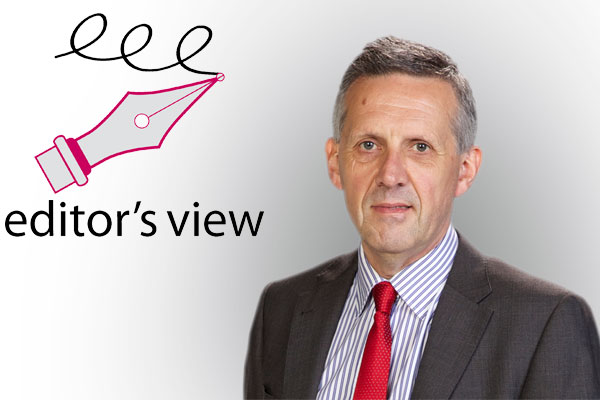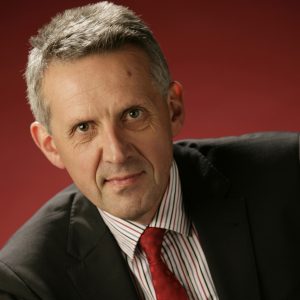There is no food shortage

Last month, I paid a visit to the AgraME tradeshow in Dubai, UAE. This is a general agricultural show, but logically with a strong focus on poultry. After all, the Middle East is an important poultry region. Concurrently with the exhibition, also an Agribusiness Outlook Forum was held and I participated in part of it.
In his opening remarks, chairman John Lawton from Saudi Arabia referred to a recent report of the Food and Agriculture Organisation of the United Nations (FAO). This report mentions that annually, on average, 185 kilogram of food per world capita is wasted. Mind you, half a kilogram per day per capita! This comes down to 1.3 billion tonnes of food on an annual basis! Clear conclusion: there is no food shortage. Losses are created at the consumption side, rather than at the production side, according to Lawton.
The next day during my stay in Dubai, a taxi took me through the desert to visit a poultry farm. Across the vast area along the road to that place were just sand dunes with some solitary scattered bush trees here and there. Than seeing a well-managed poultry farm with ample feed and water supply, was quite contradictory, just after having seen the desert. Where does the necessary water and feed supply come from? Of course table eggs and poultry are very nutritious and healthy food. Mankind cannot live from sand. But at what expense?
Another aspect in this context that struck me, is an initiative that was taken last week by the International Egg Commission (IEC) during their spring meeting in Vienna, Austria. There, the IEC announced that they have launched the International Egg Foundation (IEF), a charitable foundation to tackle global hunger. The objective is to set up a programme to support egg production in developing countries. Very noble. After all, indeed there are many places on earth where food is scarce. Again FAO figures show that 870 million people suffer from chronic hunger. Among children, according to FAO, it is estimated that 171 million under five years of age are chronically malnourished. So supporting egg production in developing countries, both technically and financially, is a super initiative of IEC!
Although my parents raised me to well understand the value of food and not waste it, I must admit that yet I do. No big quantities, but I do. And most likely almost everyone does. I don’t believe someone who says he or she doesn’t. That’s simply denying the truth. Of course I am trying to keep losses to a minimum. Feeding dry bread to the birds in the garden means that they like me very much! But actually they should be able to find their own meal, rather than depending on me. So feeding them is no more than a justification for my behaviour of wasting food.
There are no simple answers to these complicated questions. Logically it is very much a matter of planning, logistics and storage to try to minimise losses. But it all starts with awareness of the value of food and being careful with the natural resources in the world. FAO is crystal clear on that. There is no food shortage!













